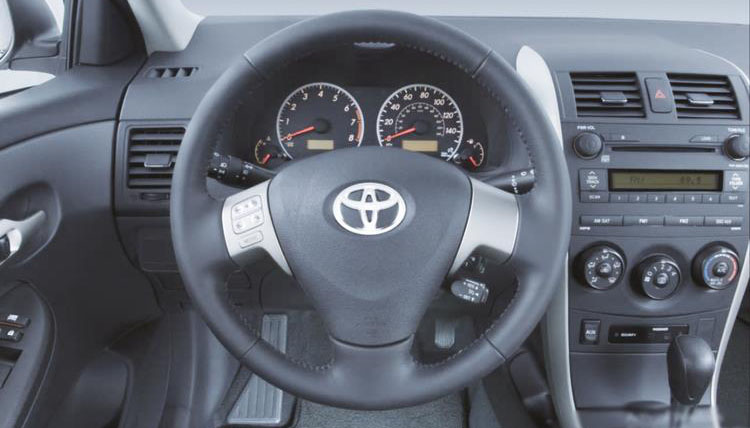
The Sunday Mail

The decision by President Emmerson Mnangagwa’s administration to open Zimbabwe to foreign investment has spawned several lithium mining ventures.
Demand for lithium — a key ingredient of batteries used in electric vehicles (EVs) — is on the rise as countries shift from fossil fuels to clean energy sources.
The world’s largest vehicle manufacturer, China, for example, plans to make 20 percent of its cars EVs by 2025, while Britain and France are targeting to go 100 percent EV by 2040.
Car manufacturers like Toyota, Volkswagen, General Motors, Hyundai and Ford are now emerging as the biggest consumers of lithium.
Last month, Japanese car manufacturer Nissan announced it would stop production of passenger vehicles with diesel engines by 2021.
Its rival, Toyota, has already announced it will stop selling diesel cars in Europe, while Fiat Chrysler will discontinue diesel in all of its passenger cars by 2022. The initiatives are meant to pre-empt EU-wide emission targets that are set to begin in 2021.
This offers massive economic opportunities for Zimbabwe.
One of the new projects driven by the burgeoning global demand for the mineral is the Zulu Lithium Project in Fort Rixon, Matabeleland South.
The Sunday Mail’s site visit last week revealed headway, and drilling at the Zulu Lithium Project — owned by Premier African Minerals — has reached depths of up to 10 000m.
The company says metallurgical test work has achieved commercial grade concentrate and grade recovery of 81,8 percent, while a scoping study has demonstrated “a robust project with attractive economics for both the concentrate sales option (worth $127 million) and lithium carbonate plant option (worth $718,9 million).
Furthermore, the company said it had uncovered a maiden mineral resource estimate of 20,1 million tonnes, containing 526 000 tonnes of lithium carbonate equivalent.
In an interview last week, PAM chief executive officer Mr George Roach said they had spent $4,5 million on exploration.
“Another $5,1 million will be invested over the next 12 months to reach DFS (definitive feasibility study).”
The company, he said, would invest another $64 million in the venture following the successful preliminary feasibility study, and would directly employ 200 people.
“Production of concentrates will follow completion of the DFS, financing and plant construction. In total, approximately 20 to 24 months. The next stage after that will be building of a concentrate plant. Forecast cost of that plant is $64 million as per the scoping study report,” he said.
Added Mr Roach: “Zimbabwe and some neighbours are likely to become significant producers of lithium concentrates.
“A distinction needs to be drawn between concentrates such as spodumene and petalite (as produced by Bikita) that contain between 4 percent and 7 percent lithium oxide and lithium carbonate and/or lithium hydroxide, both of which require investment well in excess of $200 million, and production of lithium ion batteries that are normally produced by major chemical engineering works and would require much greater investment.”
As the lithium project takes shape, locals in Fort Rixon, which is plagued by bad roads and a dearth of social amenities, are hopeful of a brighter future.
“One of the biggest challenges we have here is with schools. My child travels a distance of 15 kilometres to go to the nearest school, Fort Rixon Secondary School. Our hope is that once it has fully set up its operations, the lithium company will be able to assist the community,” said a resident, Pastor Mpofu.
PAM is developing a comprehensive social responsibility programme for the area.
“We are conscious of this and the starting point is going to be access. Road upgrades are likely within months and our policy of complete involvement with the local community will see community-guided development as the project transitions from advanced exploration to a mine,” Mr Roach said.






